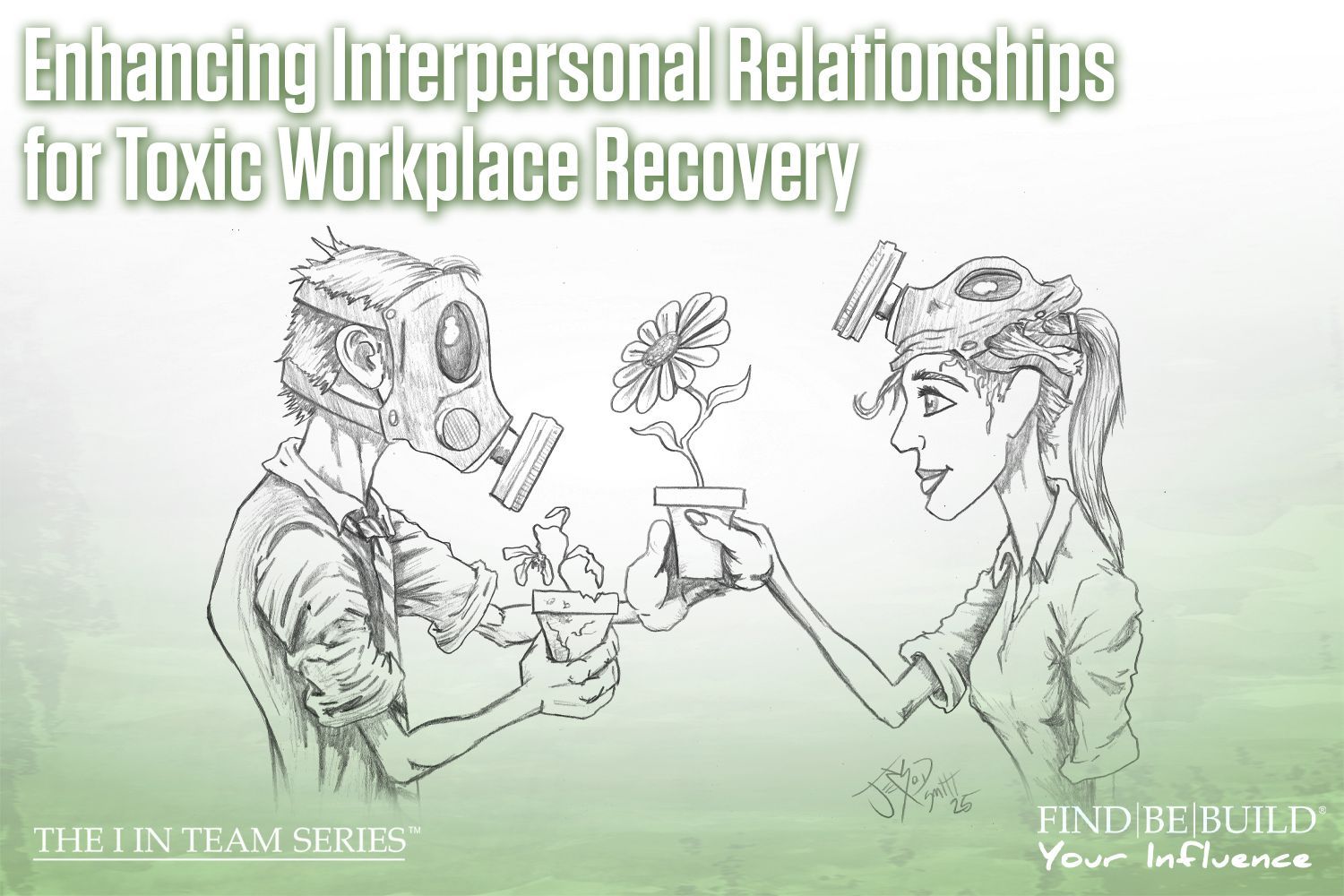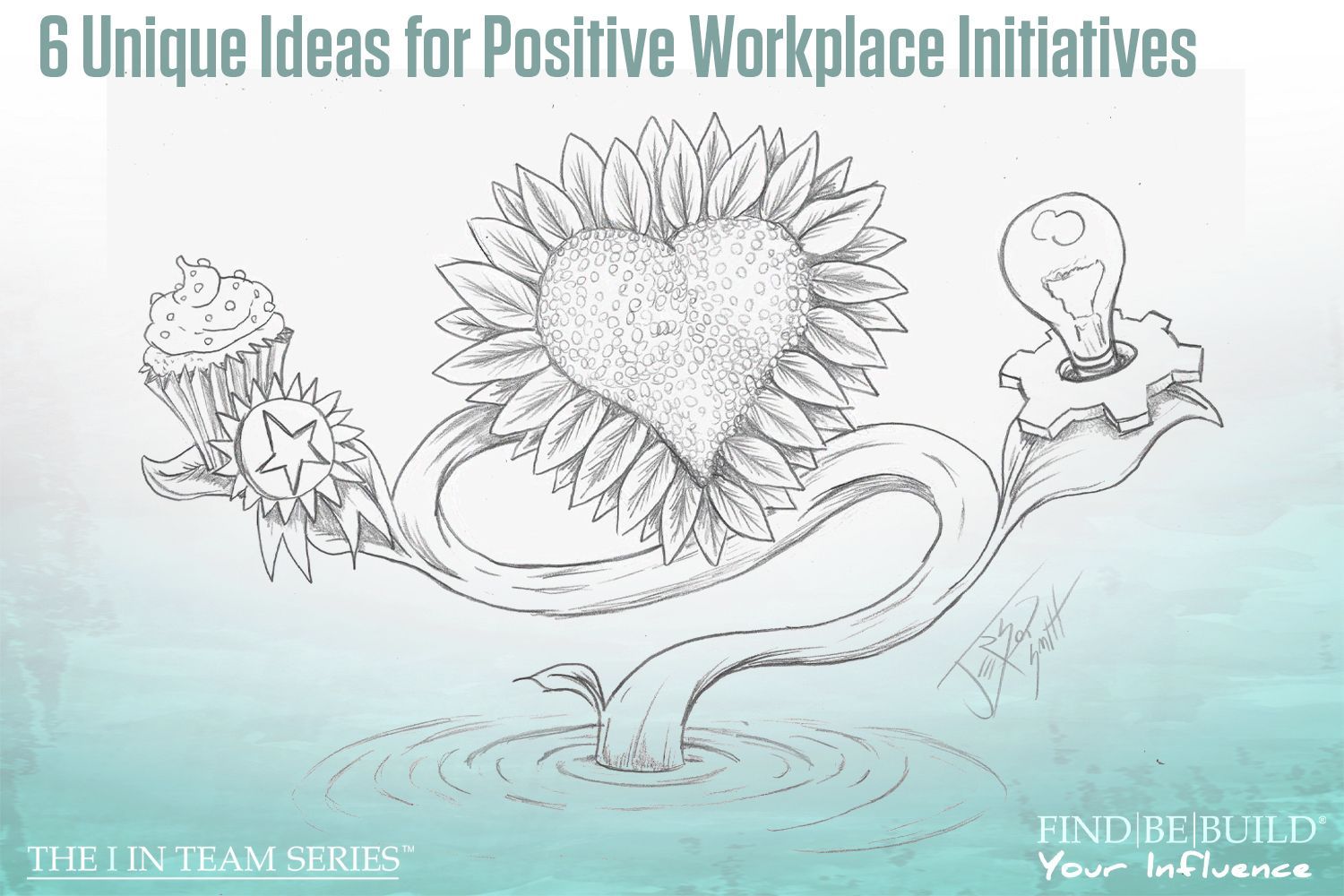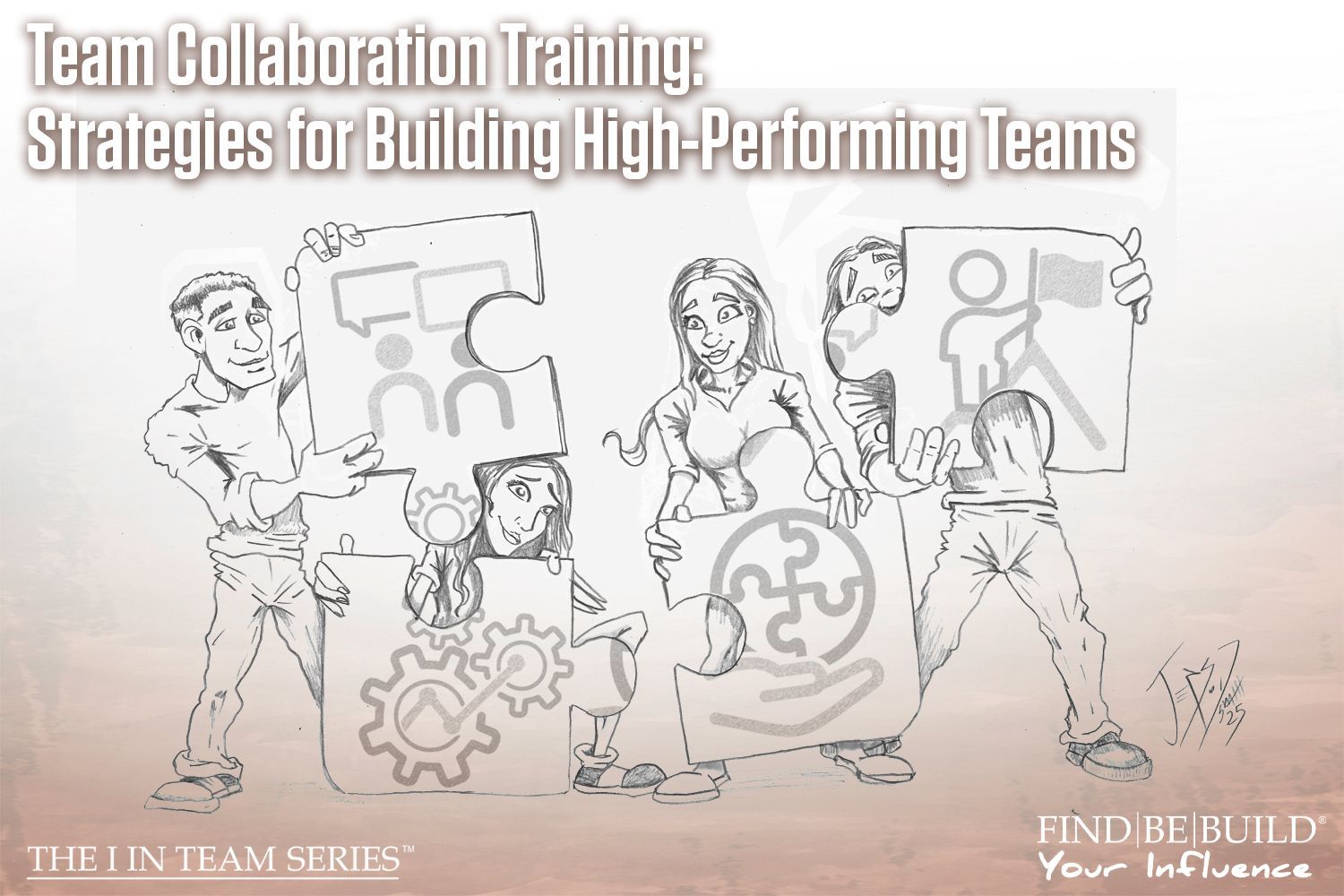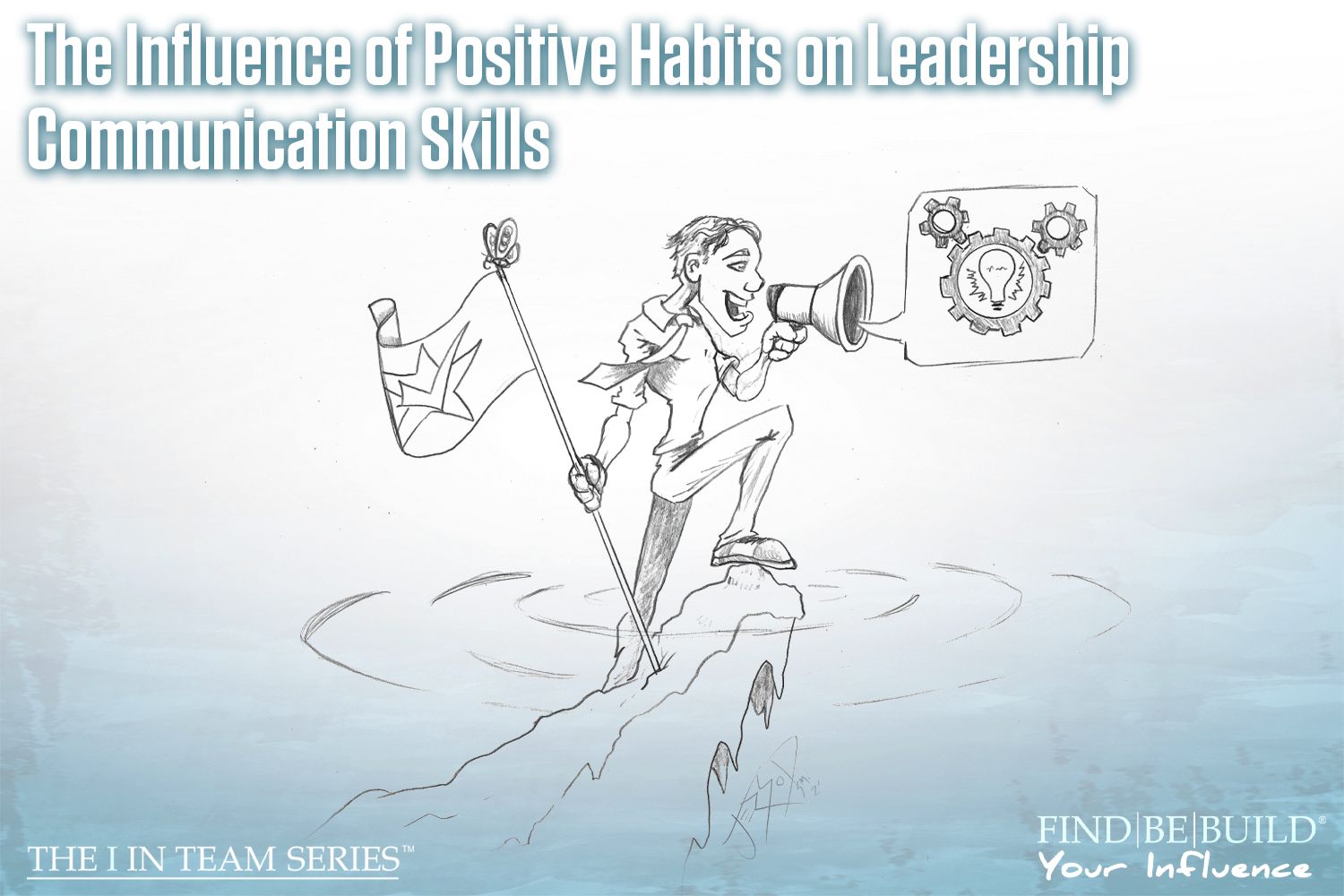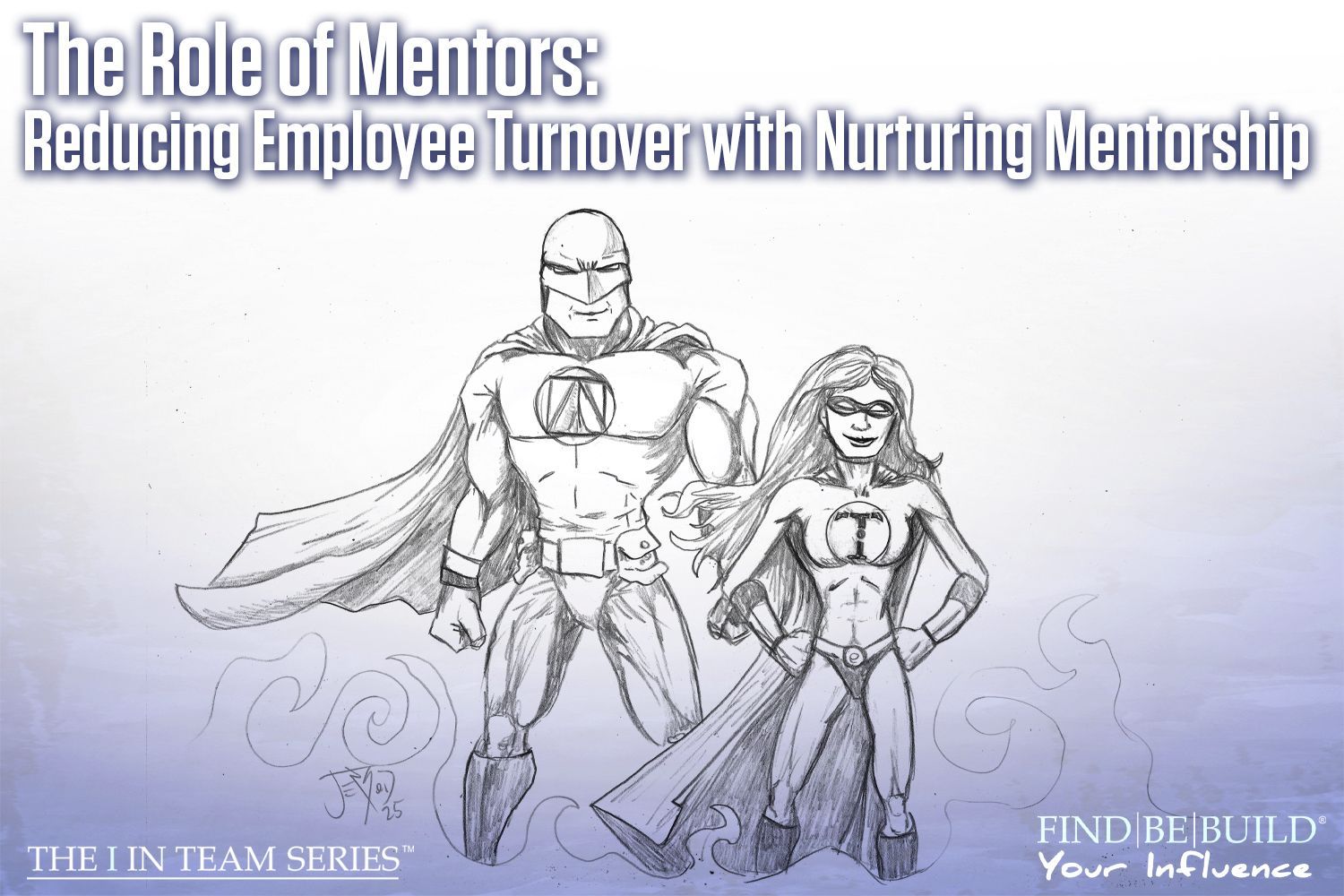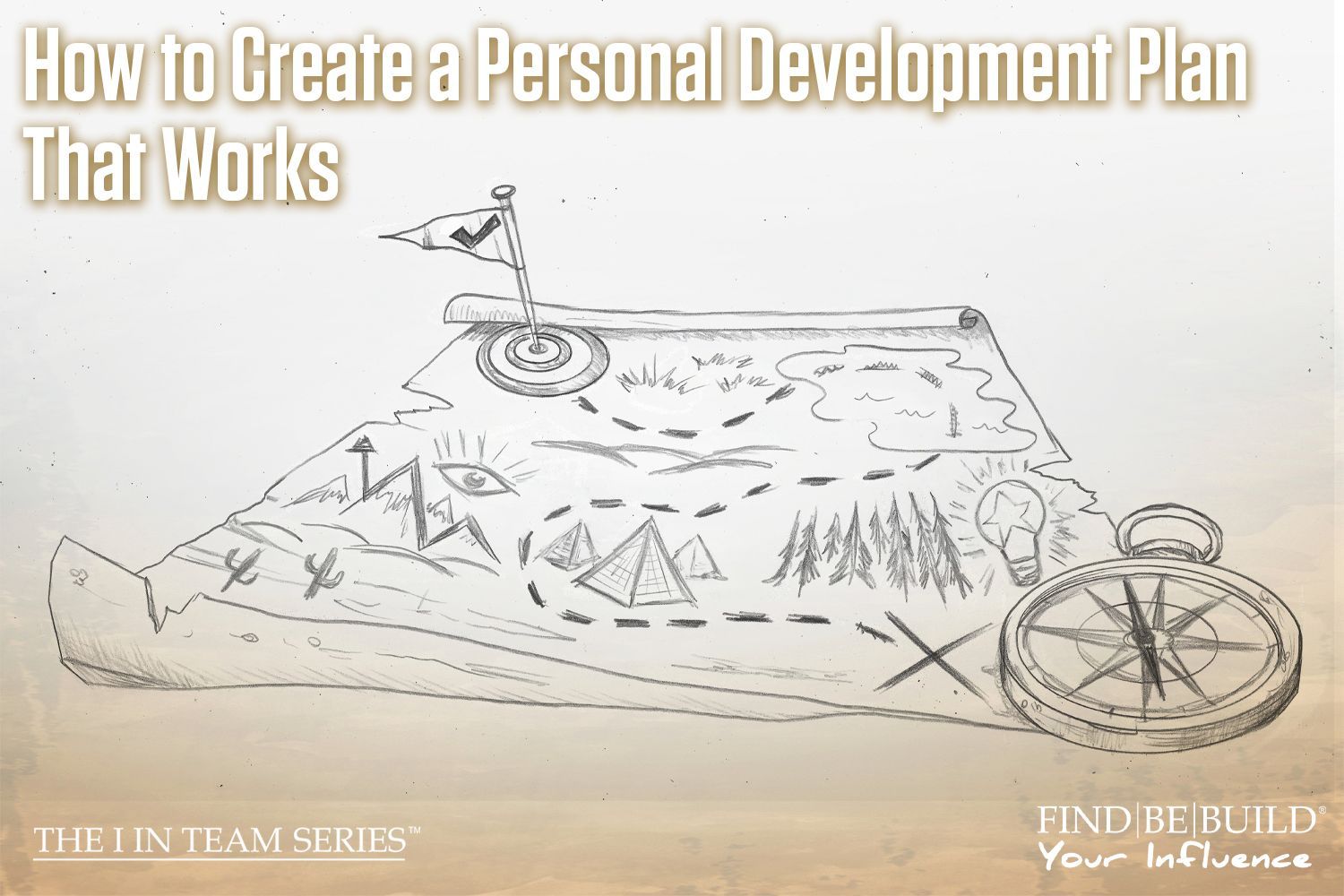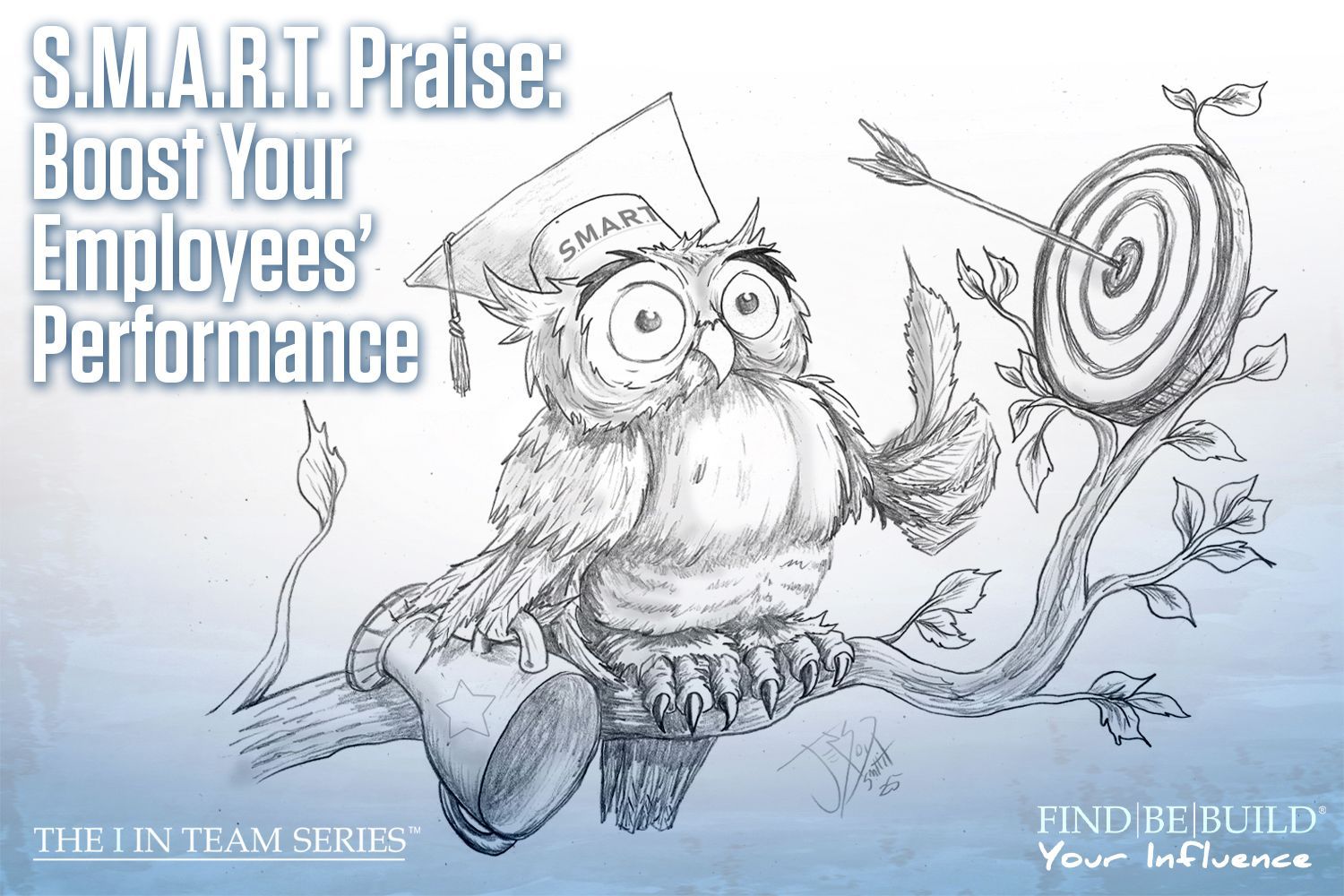The Benefits of Slowing Down
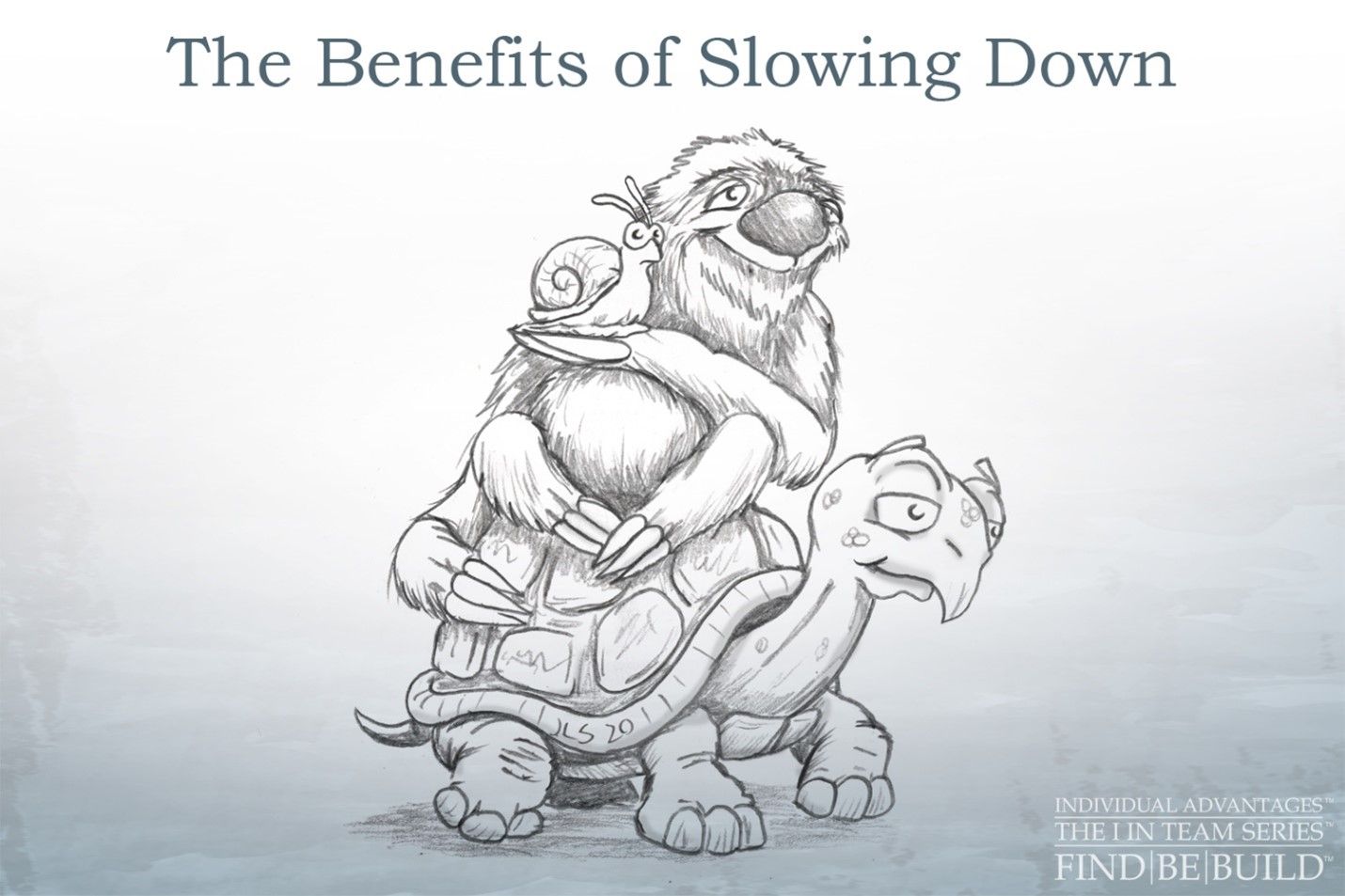
Benefits of slowing down in business consulting
Hi team, Mary here! I think we can learn a lot by watching animals. Or, at least, we can better ourselves and find new standards to reach by comparing some of our behaviors to theirs. For example, my dog, Bilbo, is extremely loyal. He is a pack-dog through and through. His personality makes it seems like he is much bigger than he is! The love he shows even strangers amazes me. Once someone is in our “pack,” he will protect and defend them. (I mean, he’s seven pounds. But he tries, which is what counts!) I think the trait of loyalty, love, and devotion is something to admire.
There are tons of animals we can learn from if we slow down and take the time to observe them and appreciate their efforts. Ants are hard workers and work well on a large team. Deer are cautious but still curious. And then we come to the three animals in our graphic for this blog: Turtle, sloth, and snail. All known for being slow, diligent, and mindful. There is importance in slowing down our fast-paced lives. If we don’t start today, our lives can pass us by in a blink. The way our world is currently set up is to make you fast paced. Get here faster. Send this faster. Give me what I want faster. But what if we just took a moment to breathe, be in the moment, and slow down?
Physical & Mental Benefits of Slowing Down
Slowing down isn’t just for your mental state, it’s for your physical state too. Sometimes I think we have a tendency to forget that our brains are part of our bodies and we need to take care of them like we do our body. The faster we are, the more likely we are to feel stressed and anxious. When we are stressed and anxious, our bodies create cortisol (stress hormone) and it ravages your body’s immune system and mental clarity—leading to anxiety, depression, digestive issues, headaches, and more. If you want to learn more about how stress and cortisol affect your body, read this article from the Mayo Clinic.
The benefits of slowing down are as follows, but are not limited to:
- Reduces stress
- Lowers blood pressure and heart rate
- Reduces chronic pain
- Improves sleep
- Increases mental clarity and thinking
- Increased awareness, attention, and focus
- Increased brain function
Techniques to Slow Down
Slowing down isn’t an intuitive task. It takes patience and willpower to learn how. For those that have never slowed down, it may be harder to silence your mind at first but slowing down requires dedication and practice. Although, anyone can slow down if they try! Slowing down is about getting out of your head, phone, TV, games, etc. and getting into the present moment. It’s all in your mind and you have the power to control it!
Start with taking a few deep, slow breathes. Try to focus on your breathing: Feel your rib cage and lungs expand and contract as you bring in and release air. When your mind wanders, bring it back to your breath. If it helps you, you can count your inhales and exhales. To calm your nervous system, make your exhales twice as long as your inhales. This may be as far as you want to go to slow down your mind and focus on the present moment.
If you want to go further, next you will want to do a sensory check. What can you feel, see, hear, smell, or taste? Don’t attach any thoughts to those senses, just observe them as they are happening to you. You don’t have to interact with the sensations; this is your moment to relax and let your brain take a rest. This exercise can be quick but give yourself at least five minutes to just sit and breathe. That’s only 0.34 percent of the time you have in an entire day! Easy, right?
Conclusion
Once you have dedicated yourself to slowing down, even just for five minutes a day (although, you should give yourself longer on the days that you can) you will begin to notice the changes in your mind and body. You are allowed to put social media away, turn off the TV, and breathe. This is your life and your moment. Don’t wake up in ten, twenty, fifty years and realize you have nothing to remember. Start making memories now and that starts with slowing down. I believe in you and your
positive influence! If you have any questions, feel free to
message us on Twitter!
